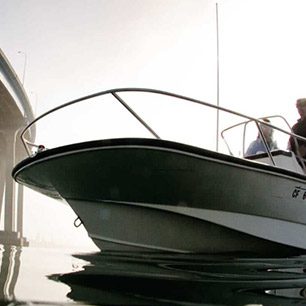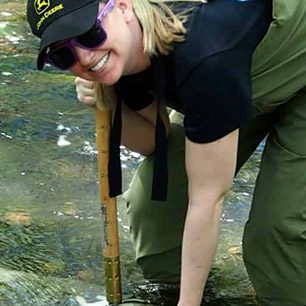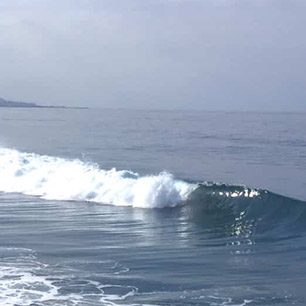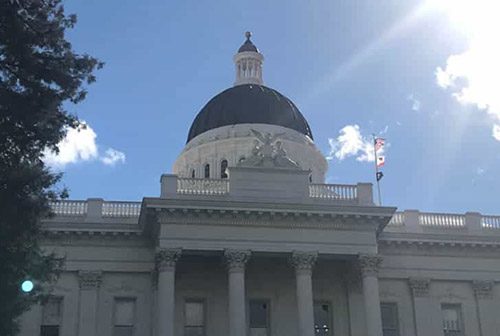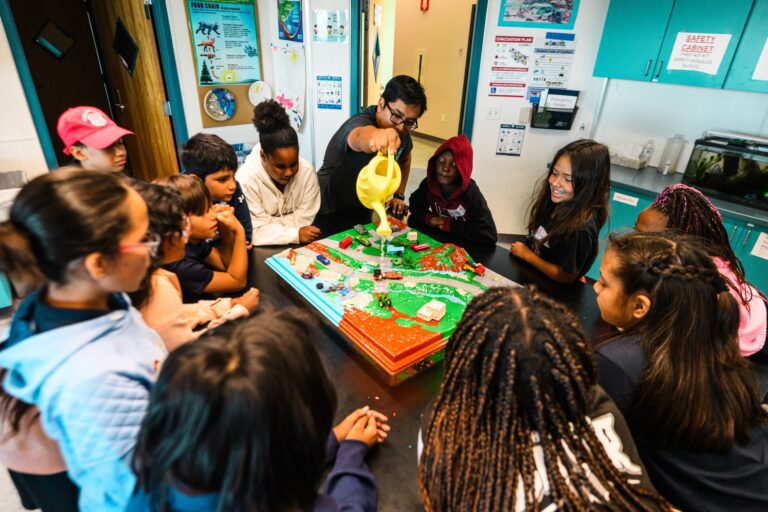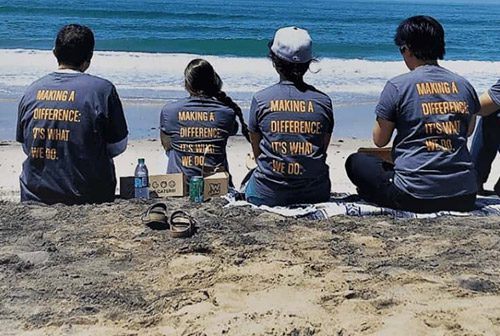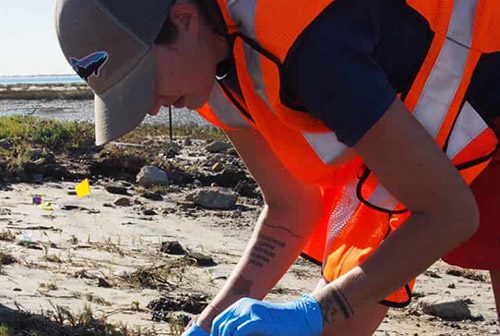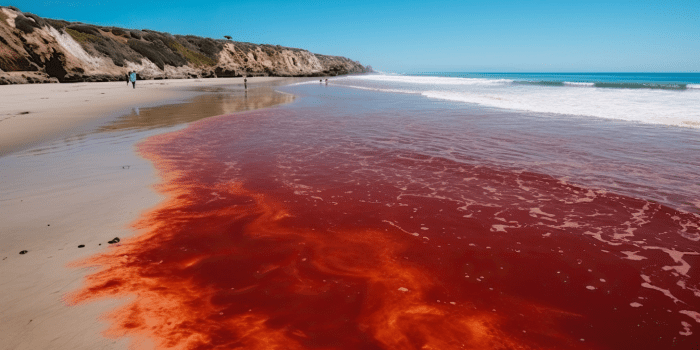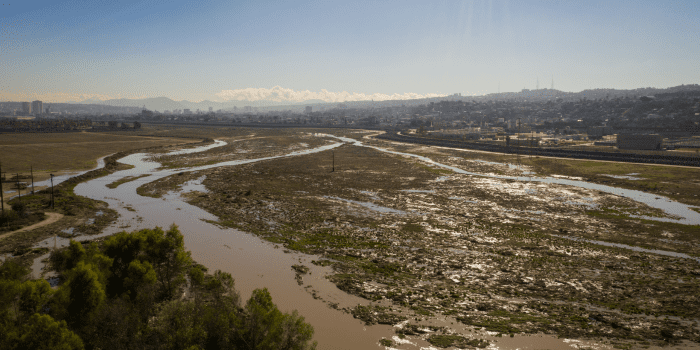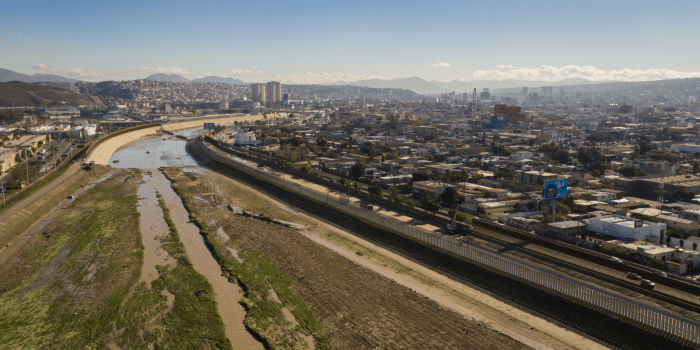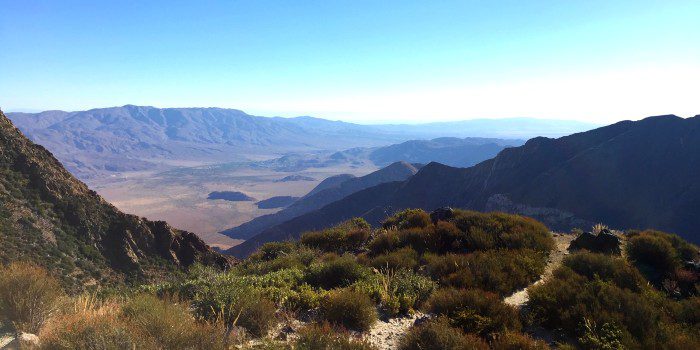THE RCS RAISES ITS UGLY HEAD
San Diego Coastkeeper has a long history of advocating for San Diego to have a sustainable, climate-smart water supply that doesn’t further exacerbate the climate crisis or degrade our environment. One of our biggest advocacy priorities is to advance an integrated approach to water management for San Diego called One Water. One Water brings together green infrastructure projects, stormwater capture, wastewater recycling, habitat restoration, and other forward-thinking practices to manage water as one connected resource. This is in stark contrast to the way water is presently managed in San Diego – in a disjointed, inefficient manner that pays dearly for expensive, energy-intensive imported water while allowing local rainwater – pollution-laden from traveling over city surfaces – to flow into the ocean untreated. Moving forward, San Diego needs to invest in sustainable, climate smart water management practices and infrastructure, and Coastkeeper is working with a diverse coalition of partners to ensure that’s the case.
So when we hear about a regressive, environmentally destructive infrastructure project that wants to carve up and tunnel through some of our most precious natural spaces just to bring us water we are already getting another way – we immediately start preparing for a fight.
The Backstory of a bad Idea
In the past year, the San Diego County Water Authority has spent millions of ratepayer dollars to explore a massive water-conveyance project known as the Regional Conveyance System (RCS). Essentially, the RCS is a giant $6 billion pipeline canal that would transport Colorado River water from Imperial County to San Diego. It’s not a new source of water – it’s just a different way of bringing it to us – and it’s not a good idea.
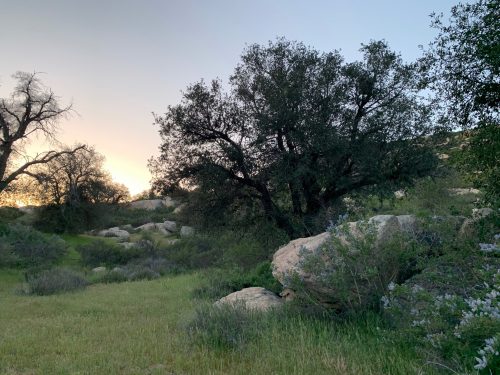

The three proposed routes for the RCS churn through over 100 miles of state parks, a national forest, several active earthquake fault lines, and some of the region’s most prized intact wild lands. It would also increase energy demands by 40 percent over our current conveyance, significantly increase greenhouse gas emissions, and result in water rate increases for the next three generations without seeing a benefit for many years to come, if at all.
“Substantially more costly than other options”
An independent report on the project came to several damning conclusions about its economic viability. In short, the report found that the project is not cost effective, that the Water Authority didn’t take into account nearly enough economic variables when making claims about its viability, and that the time and money spent on continued study of the project’s feasibility could be better spent on more productive pursuits.
So why is the Water Authority marching forward? Our region has a multitude of better options on the table when it comes to holistic, climate-smart water management that actually works to improve quality of life and protect the environment. Regardless, the Water Authority’s board planned to put the matter to a vote on August 27 to decide whether to continue spending millions more studying its feasibility.
Meeting the moment
Since the Water Authority is a public agency – and the items on their agenda are open to public comment – the Coastkeeper team knew it was going to be important to put forward a strong showing of public opposition to the proposed project. In the weeks before the agency’s scheduled August 27 meeting, Coastkeeper launched a call-to-action campaign with our friends at Surfrider San Diego and rallied the submission of over 500 letters of opposition the the RCS study. In addition to Surfrider, 23 of the region’s leading environmental organization’s joined Coastkeeper in signing a coalition letter urging the Water Authority to abandon the costly pursuit of the destructive pipeline.
The BOARD MEETING
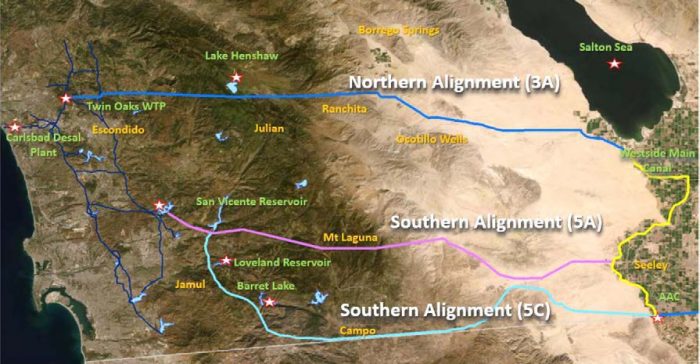

On August 27, the County Water Authority board met to discuss continued study of the RCS. Faced with an upwelling of public opposition to the project, the Water Authority board voted unanimously to postpone taking action on the item until November 2020. Water Authority staff was directed to do extensive “outreach” in the community. This means they will be voting on the issue during a time when they know many folks’ attention will be on the election, and are actively preparing a PR campaign to paint the RCS like a good idea. Among the meeting’s low points was the moment the agency’s general counsel Mark Hattam dismissed the 500 letters of opposition – each of which came from an individual constituent with concerns about the project – as “one click” auto-generated emails because they shared the same talking points.
Looking Forward
Just a few days after the Water Authority’s buck-passing, constituent-dismissing board meeting, the Voice of San Diego ran an excellent and comprehensive article about the RCS called “The Water Authority is Resurrecting its Pipe Dream – Again.” The following line from the article sums up the project nicely:
“So $5 billion to build, hundreds of millions more over time to operate – and the project likely wouldn’t produce a drop more water than San Diego already gets.”
Expensive, energy-intensive, environmentally destructive ways of managing water may have been the solution of centuries past, but they have no place in the more resilient, sustainable, and equitable future San Diegans deserve. San Diego Coastkeeper is working hard to ensure our region pursues forward-thinking water projects that are centered on sustainability, climate resilience, and equity. To make a significant understatement, the RCS is not that.
We’ll be sending out updates as we get more information, and we are going to need your help defeating the RCS. In the meantime, share that Voice article with friends, make sure you are on our mailing list, and don’t let big public agencies with dollar signs in their eyes and bottomless PR budgets get you down.

